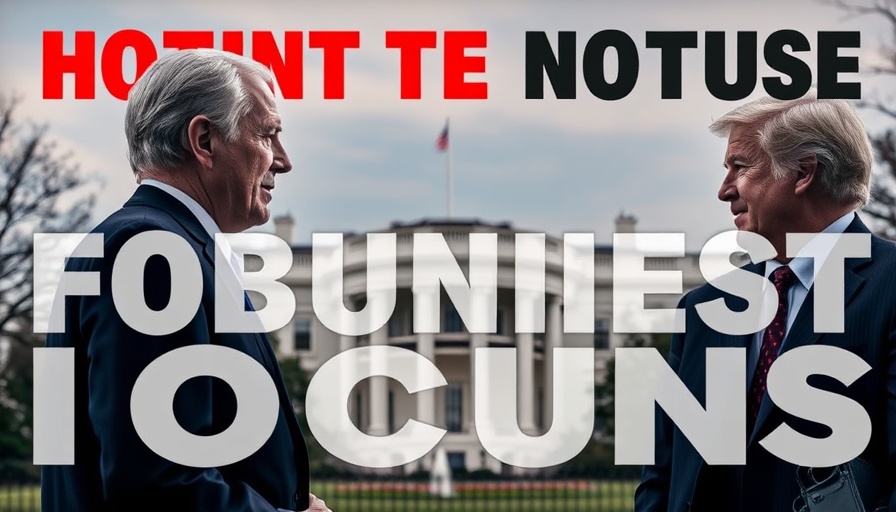
The Rescheduling Debate: A Major Step Towards Legal Cannabis
In recent discussions, President Trump's comments regarding the potential rescheduling of cannabis from Schedule I to Schedule III have stirred significant conversation. Advocates argue this change would symbolize a federal recognition of cannabis's therapeutic value, leading to tangible benefits for medical professionals and patients alike. Paul Armentano of the National Organization for the Reform of Marijuana Laws (NORML) has emphasized that governmental recognition of the medicinal properties of cannabis is an encouraging sign for the industry and its supporters.
In 'Trump Insiders React to Rescheduling; NORML's Paul Armentano Exclusive - TX Senate Bans Hemp Again!', key discussions arise about the rescheduling of cannabis and its potential impact on medical practices and regulations.
Understanding the Rescheduling Implications
A shift to Schedule III would still classify cannabis as a controlled substance but would allow much-needed medical research to advance. Currently, VA physicians cannot recommend medical cannabis due to its Schedule I classification, which could potentially change with rescheduling. Such policy adjustments could lead to improved healthcare practices surrounding cannabis and better financial opportunities for medical cannabis businesses.
A Glimpse Into Legislative Struggles at the State Level
Meanwhile, Texas demonstrates the ongoing challenges at the state level, as a complete ban on hemp has resurfaced. This proposed ban raises concerns among advocates advocating for a regulatory framework rather than prohibition. As the Texas legislature grapples with how best to handle hemp regulations, there's a wider trend toward recognizing cannabis as a legitimate industry. Support from Governor Abbott suggests that change may be on the horizon.
The Bigger Picture: Cannabis as a Catalyst for Change
As cannabis continues to be a pivotal topic across the nation, its implications stretch beyond just legal classifications; they impact public health, economic stability, and community development. The decline in cannabis prices in states like Michigan shows how oversupply can be both a boon for consumers and a challenge for businesses trying to keep up with the market. However, communities are also reaping benefits from cannabis tax revenue, reallocating funds to local services and nonprofits.
Looking Ahead: Hope for the Cannabis Community
As cannabis advocacy groups and politicians intersect in discussing legalization, the optimism surrounding these legislative changes is palpable. With each step toward recognition and regulation, there's hope for individuals and communities to thrive as the conversation surrounding cannabis continues to evolve.
 Add Row
Add Row  Add
Add 




Write A Comment